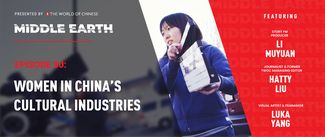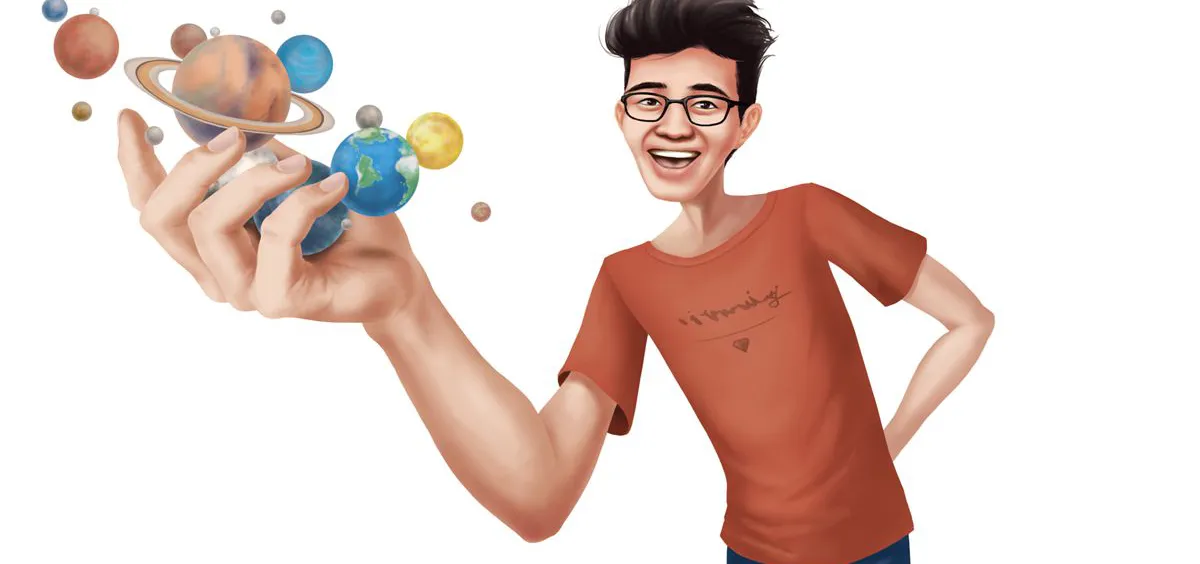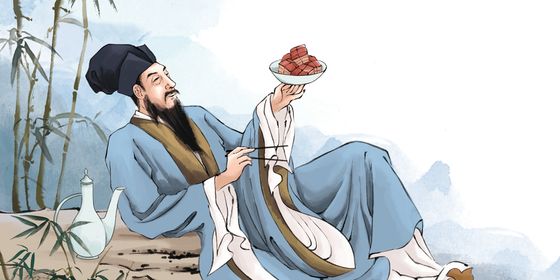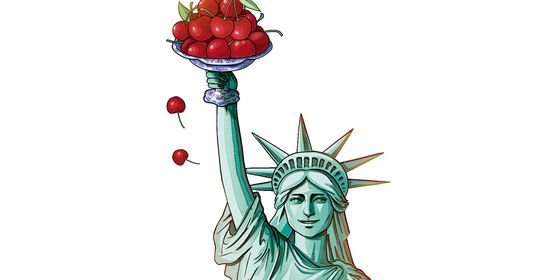Jargon for anything you love or hate
It’s a sight that’s as quintessentially “Beijing” as a tea-swilling taxi driver or pensioner walking his caged bird: The middle-aged man going about his business with a pair of walnuts (or string of Buddhist prayer beads) in the palm of one hand.
Not too different from the millennial who can’t let go of their mobile phone, older Chinese love their wenwan (文玩, “ornamental objects”). They may be walnuts, beads, balls, or fidget spinners, but wenwan do serve a purpose other than just giving restless hands something to play with.
Dating back to at least the Han dynasty (206 BCE – 220 CE), palming (盘, pán, rolling) nuts was an exercise believed to benefit its practitioners by stimulating the hand’s acupuncture points, improving blood flow, and even imparting spiritual satisfaction. When a wenwan lover gets stuck into a new pair of walnuts, part of the pleasure comes from knowing that its raw and coarsely wrinkled features will, with time, become rich and smooth, developing a dusky color and luminous sheen from years of rolling, cleaning, and oiling.
Last September, Dragon TV’s crosstalk show Wenwan catapulted the practice and jargon of pan to a younger, wider audience. The skit featured a wenwan aficionado, played by comedian Meng Hetan, trying to expand his nut-rubbing repertoire to a variety of coarse-looking objects, including a root sculpture, a Shoushan stone carving, and even a Shar Pei dog, exclaiming, “[If it’s] dry and rough instead of round and smooth, roll it!” (干干巴巴的,麻麻赖赖的,一点儿都不圆润,盘它!Gàngan bāba de, máma lài lai de, yìdiǎnr dōu bù yuánrùn, pán tā!)
Then in January, a Douyin video titled “Pan anything—pan settles all” began to go viral, and soon hundreds of thousands of users began sharing photos and videos of themselves rotating whatever they could (literally) get their hands on: oranges, pitayas, cats, lipstick, even cacti and hedgehogs.
Soon, pan became an all-purpose verb. Initially, it was used to express love or fondness. Li Xueqin, a grassroots Douyin celebrity, replied to a message from her idol Kris Wu, proclaiming “I want to pan you.” (我想盘你。Wǒ xiǎng pán nǐ.) Meanwhile, between lovers, “[I’ll] pan you a lifetime” (盘你一辈子 Pán nǐ yíbèizi) is almost the equivalent of a marital vow.
Other actions were later added: buy, sell, love, hate, win, lose, do or don’t. “I’ve always wanted a YSL lipstick; [I’ll] buy one!” (我一直想要一支YSL口红,盘它! Wǒ yìzhí xiǎng yào yì zhī YSL kǒuhóng, pán tā!) a hard-up college student may exclaim on payday. “Tonight, the China Men’s National Football Team plays the Thai team. Pan them!” (国足今晚要对战泰国队,给我盘他!Guózú jīnwǎn yào duìzhàn Tàiguóduì, gěi wǒ pán tā!) a Chinese fan wrote before March’s AFC Asian Cup.
However, when the team lost in a humiliating 0-1 result, “Pan it!” cried furious fans, possibly indicating what they wish they could do to the national team. Too much disappointment like this, and someone might exclaim, “I’ve been pan’ed by life!” (我被生活盘了。Wǒ bèi shēnghuó pán le.)
It’s not clear how this expression got on such a roll, but Meng’s performance suggests that the habit is all about removing edges to make things more comfortable or controllable. In other words: Whether you love or hate something, just roll with it.
Roll with It is a story from our issue, “Funny Business.” To read the entire issue, become a subscriber and receive the full magazine. Alternatively, you can purchase the digital version from the App Store.














